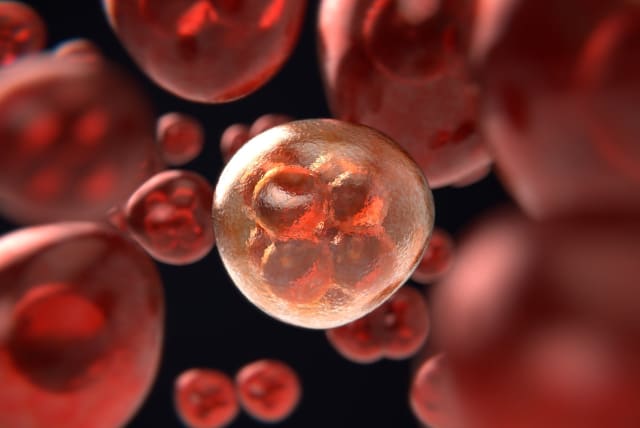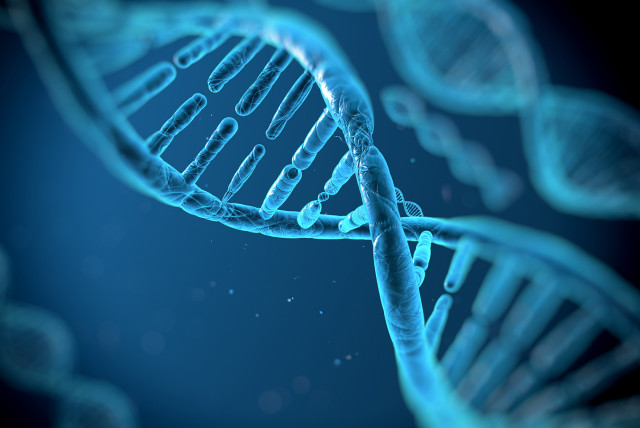How did the first stages of evolution start? - study

The researchers found primitive cell-like membranes in hydrothermal vents, which may reveal how life began on unhospitable Earth.
While the question of how life developed on Earth continues to be a contentious battle between creationism and evolution, a new study published earlier this month found new evidence of how living beings came to be.
The peer-reviewed study, published in the journal of the US National Academy of Sciences, chronicles the discovery of how life formed inside hydrothermal vents.
The hydrothermal vents, which were hot springs heated by underwater volcanoes, had inorganic structures within. Those same structures have organic molecules within, which can then bond with other molecules and produce a new hybrid molecule.
The hybrid molecule can support and facilitate the formation and life of primitive single-cell-like membranes, which is believed to be the structure that makes life possible. From these primitive membranes, a new species could evolve.
"Our goal was to explore new directions to understand how life on Earth began. In particular, we were interested in exploring the transition from an inorganic and lifeless planet to an organic, rich and living planet," author Silvia Holler, researcher at UniTrento, said.
The possibilities created by this new finding
"Our study opens many research opportunities" Holler continued. "Larger compound libraries could be tested to create inorganic structures and new organic compounds to interact with them."
"Scientists could also examine other factors and assess the stability of protocells at different temperatures or pH conditions."
"The possible applications are many and range from recreating life in the future on other planets, to the use of protocells to improve the effectiveness and accuracy of drugs in the human body."
"We have opened the way, there is a long way to go but the research is very promising."
Jerusalem Post Store
`; document.getElementById("linkPremium").innerHTML = cont; var divWithLink = document.getElementById("premium-link"); if (divWithLink !== null && divWithLink !== 'undefined') { divWithLink.style.border = "solid 1px #cb0f3e"; divWithLink.style.textAlign = "center"; divWithLink.style.marginBottom = "15px"; divWithLink.style.marginTop = "15px"; divWithLink.style.width = "100%"; divWithLink.style.backgroundColor = "#122952"; divWithLink.style.color = "#ffffff"; divWithLink.style.lineHeight = "1.5"; } } (function (v, i) { });

